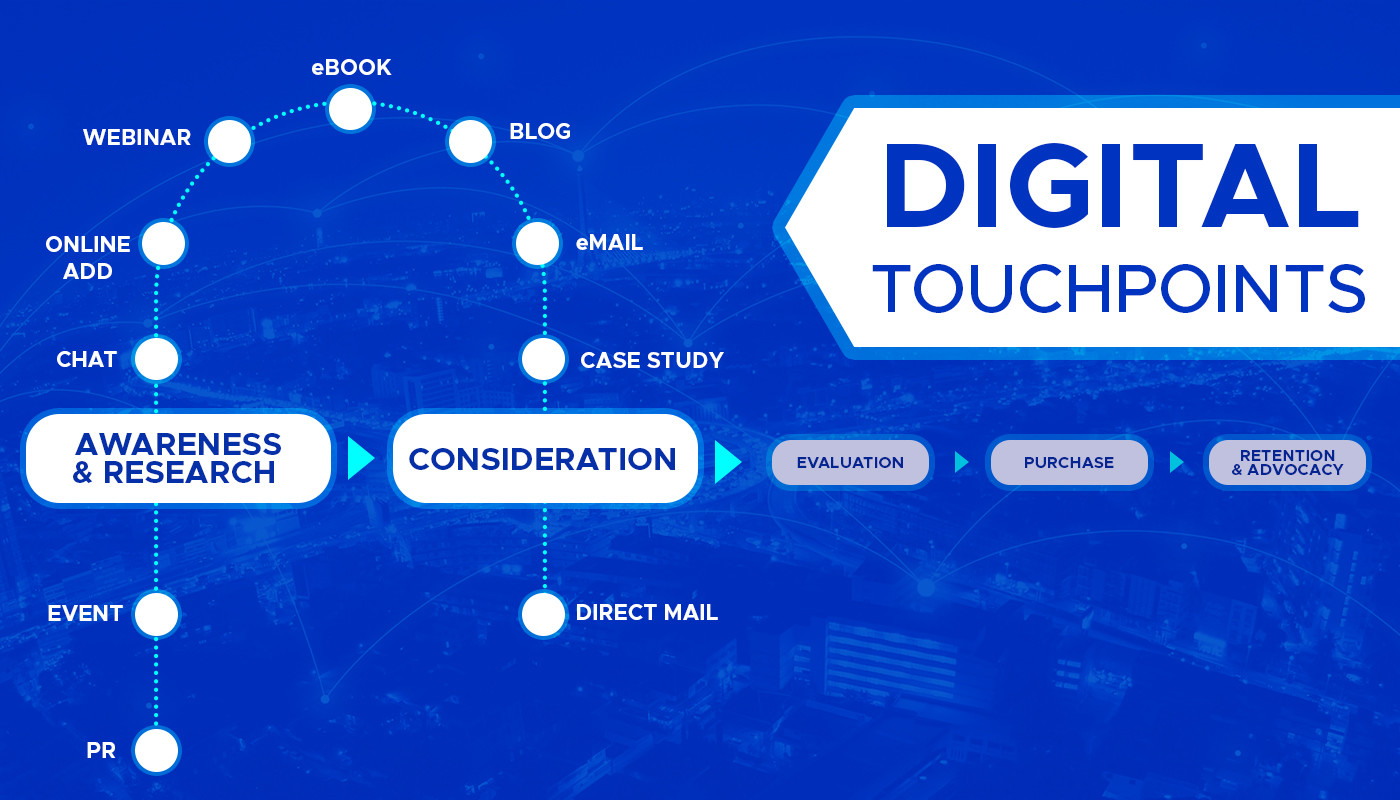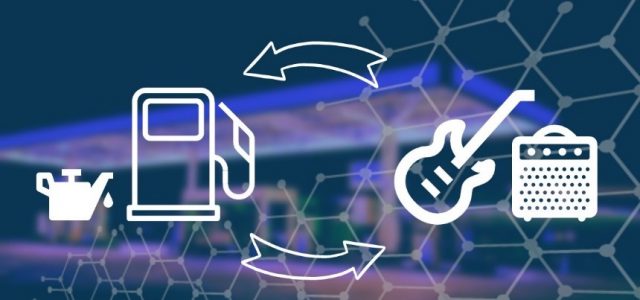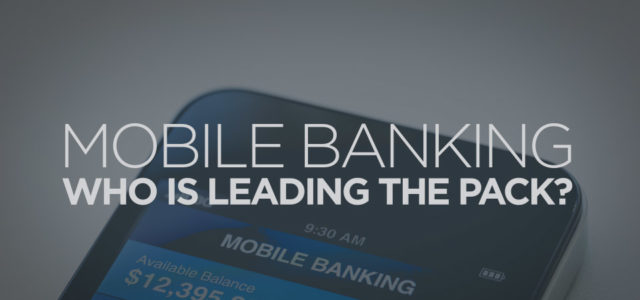Creating a seamless, personalized, and frictionless customer journey is one of the top-most priorities for businesses operating in today’s extremely competitive B2B environment. With customer expectations rising, and organizations looking to implement technological advancements, Artificial Intelligence (AI) has come across as one viable option for them.
Be it through chatbots or through robots, many organizations are leveraging AI today to not only enhance the customer journey, but to also ensure that the customer experience is as per the expectations of the consumer and lacks any flaws whatsoever.
While we have seen more B2C companies introducing the concept of AI in their customer satisfaction programs, the B2B world is also open to advancements and benefits from the adoption of this technology. In fact, it has been predicted by Gartner that by the end of this decade – 2020 – more than 30 percent of all companies trading in the B2B market will have employed AI for augmenting any one of their sales processes. The customer journey for B2B is also changing to provide a pedestal for this innovation. B2B stakeholders are now moving from the direct sales approach to the multi-touchpoint journey, as illustrated by the image below.
This article has been written by Ronald Van Loon, in collaboration with Andrea Monaci, who is the Marketing Director for HPE in Europe, Africa and Middle East. Andrea is an expert on the growing dimensions of B2B technology, and has on numerous occasions commented on the need for leveraging AI for creating better customer experiences in the B2B market. On the other hand, Ronald is a notable attendee and speaker at a plethora of AI events across the globe. He is an optimistic observer and analyzer of the potential for AI, and writes whitepapers, hosts webinars, and is an active blogger/vlogger.
Role of Customer Experience in the Customer Journey
Customer experience plays an imperative role in the journey of a B2B customer journey. The experience a customer gets from one B2B organization will define how they perceive their journey and how they move forwards with it.
The key to ensuring the perfect consumer experience lies in the hand of the organization’s marketing tactics and how they reach out to their B2B customers. The traditional method for consumer engagement was corporate marketing, which has now shifted to Influencer and Thought Leadership marketing.
- Influencer marketing is a contemporary form of marketing that has increased in fame during the last couple of decades. In influencer marketing, the focus is solely placed on key individuals from an industry, rather than the target market as a whole. The influencer, or the individual chosen for running this campaign, is chosen on the basis of the influence they have over an organization’s potential buyers. Only an individual who has the right influence will be chosen for this job. Influencer content in B2B marketing can be considered as testimonial advertising, where the influencer plays the role of a potential buyer and highlights exactly why the consumers would want to avail themselves of their products and services.
- Thought Leadership Marketing is the method to come across the B2B sphere, and is as effective as anything. Thought Leadership is a term used for marketing that establishes an organization as the expert within any industry. Any organization partaking in thought leadership marketing will want to place itself as an authority or an expert in its relevant industry. The goal behind thought leadership is not to make sales heavy content or to market your products vehemently, but to ensure creating an entry point by branding your organization as an expert in the field. The best way to establish your organization as a thought leader is to answer the questions that customers normally have.
Can AI Transform the B2B Customer Experience?
The major question that now arises is regarding the effectiveness of AI in transforming the B2B experience for any customer. Both Andrea Monaci and Ronald Van Loon feel that AI has the potential to do so, and it will definitely have an impact on the B2B customer experience.
Let’s take the example of an event where a B2B organization is hosting an event. They would want to not only produce engaging content for roping in their audience, but would also want to get sufficient feedback from the audience. To get these heightened engagement levels, B2B organizations have to use the concepts of Machine Learning and Artificial Intelligence. These concepts help any organization to understand the dynamics of the market and to come across as a thought leader that understands consumer psyche. AI can even help pinpoint the topics your audience will be interested in and what can be done to educate and entertain them. Organizations need to be aware of what attracts audiences, and this awareness can only be garnered by proper use of AI mechanism.
Events
Coming to the event itself, events tend play a really important role in the process of creating customer engagement and enhancing the quality of the customer’s journey. The event needs to be magical, and should entice the audience towards interaction and proper communication. Visitors attending an event have a proper journey that transpires across the pre-event registration, the actual event itself, going through keynotes, attending workshops, visiting booths, meeting peers, and defining actions. Now, the use of AI in such events can go a long way in ensuring customer satisfaction.
One use for AI in enhancing the customer experience during events is in the format of a user-friendly chat. This chat bot should come with flawless voice recognition and a bit of eventual humor. The chat bot should spark up a conversation in a friendly form, and should follow the following criteria to be considered successful.
- The interaction between the bot and the consumer starts with the consumer requiring information.
- The conversation which follows should be humorous and human-like.
- The bot can refer the consumer to a potential partner that could be of more help. The bot will provide the contact and booth number to make the job easy.
- The interactivity with AI bots in the event would define how the customer perceives the event and how they look at it. The event can also be a good way for the B2B consumers to talk with peers and gather suggestions.
- The AI mechanism at an event can also provide a genuine timeline of people you have and their contact details. You can also access the whitepapers you have collected and the main points made during a keynote.
Once the event is done with, the post event follow-up can be improved through the use of AI. Further nurturing can be done through direct mail and case studies.
GDPR
Due to EU General Data Protection Regulation (GDPR) data privacy regulations that now look over the security of data that consumers have with organizations, customers would be in control of their own data within an event. They can themselves decide what they want to be done with their data.
With the role of AI growing in the B2B customer journey, what is your role in its implementation in the awareness phase?
Article by channel:
Everything you need to know about Digital Transformation
The best articles, news and events direct to your inbox
Read more articles tagged: Customer Centricity, Customer Experience, Customer Journey, Featured, Omnichannel, Retail








